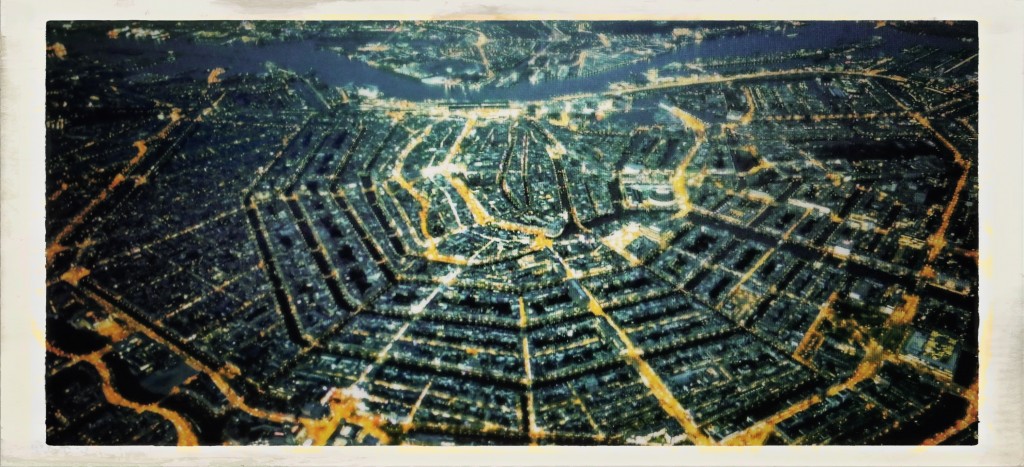Propositions under Continuously Changing Urban Conditions

Massive urbanisation puts pressure on public space and demands new programmes along with alternative gathering places such as public interior spaces and a variety of forms of collective spaces. Moreover, in the rapidly changing city, infrastructure and mobility remain of vital importance. A co-evolving diversity of programme cannot be planned, but interventions in the city need constantly to be grounded on sharp design approaches to respond adequately to the necessities of the time: While being environmentally sustainable, given the available resources.
In general, infrastructure, mobility, and public life manifest themselves in various forms as carriers of such urban development. Design experiments, as put forward in our new book, show how to work with continuously changing urban conditions, with mobility transforming cities whilst with public spaces taking various forms, with programmes which hybridise, and with new technologies to keep up with the urban dynamics. Given these themes, designs should carry awareness of the inclusiveness and accessibility of various systems and places, facilities, and technologies. Spatially this means questioning how to keep the city open and connected, attractive, and liveable?
Continue reading




